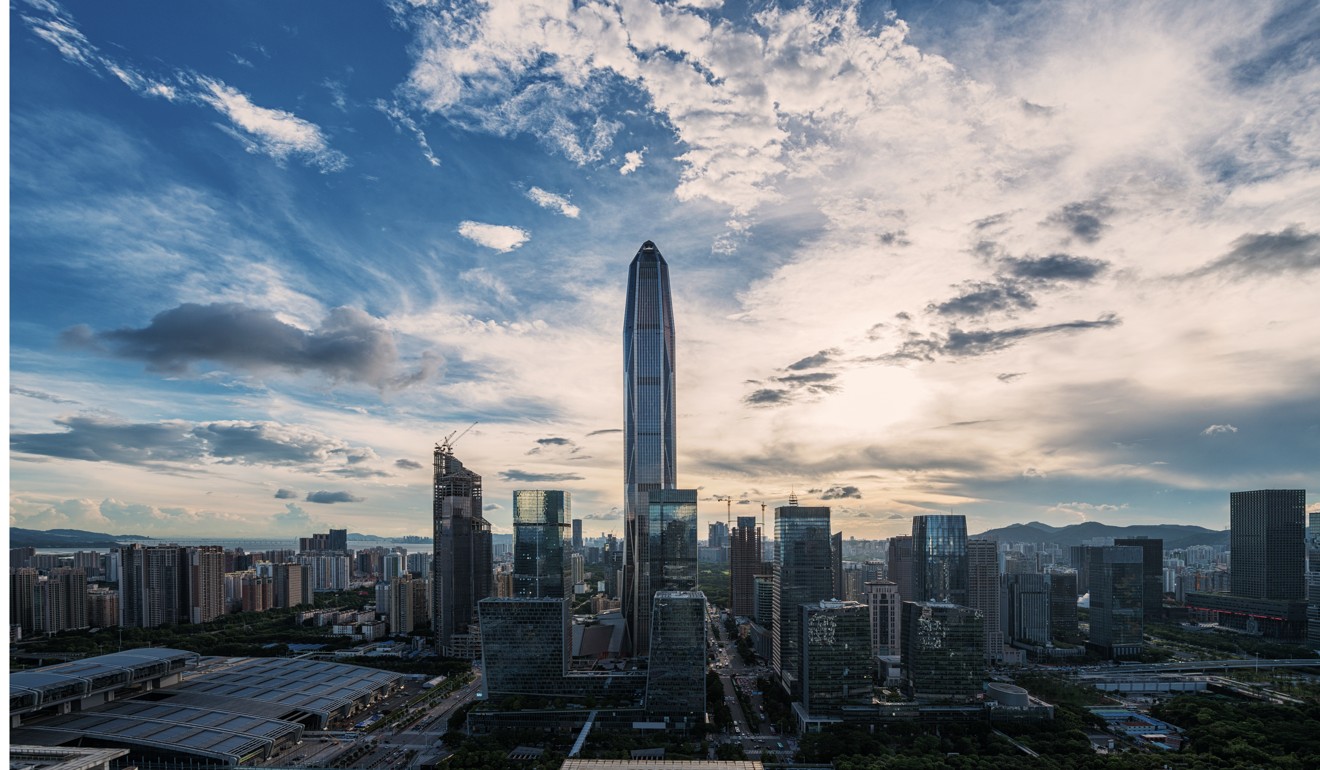
Investors urged to play a stronger role in developing Hong Kong start-ups
Experts at SCMP’s ‘Game Changers’ event hear how the Greater Bay Area economic development project will boost city’s start-up ecosystem
The “Greater Bay Area” economic development project will boost Hong Kong’s start-up ecosystem, although investors need to play a stronger role and take more risks, experts at a major business event in the city heard on Tuesday.
The audience at South China Morning Post’s “Game Changers” conference listened as industry insiders lauded the initiative, which aims to link the city with nine others in southern Guangdong province and Macau.
But they also heard that more education is needed for local investors, and that entrepreneurs in the city must not to be discouraged by failure.
“The Bay Area development will help … expand Hong Kong’s domestic market, and make it easier to enter the Chinese mainland market,” said Stephen Liang, assistant executive director of the Hong Kong Trade Development Council (HKTDC).
He added the area will facilitate freer movement of people, goods and services, expanding Hong Kong’s “domestic” market nearly ninefold.
“That’s a quantum leap, not available to other parts of Asia and even Silicon Valley.”
Ray Chan, chief executive of digital media and entertainment network 9Gag, said it is not about the size of the Hong Kong market for start-ups, but whether the products they are offering fit the market they wish to target.
“If you capture the local market, you’re considered a big company,” said Chan.
“After you become the top company in Hong Kong, however, it becomes more challenging. Most people … say Hong Kong is too small and that’s why they want to go [to mainland China].
“But most of the time [many] don’t actually understand the Chinese market.”

Chan also pointed out that investors in Hong Kong often prefer to turn to the stock or property markets for quick profits as the start-up failure rate remains high, and as a result is considered more risky.
Tak Lo, founder and managing partner at Zeroth.ai, Hong Kong and Asia’s first artificial intelligence accelerator, urged that more education of local investors is needed, and that the start-up ecosystem should be made stronger with everyone involved needing to up the ante and pull their weight more.
“The circle created between investors and founders is beneficial.
“Founders need capital, and they talk to angel investors, but after angels invest they invariably pass on responsibility to VCs and when there is an exit, [capital] often goes back to the founders, who then put money back into the ecosystem,” said Tak. “The critical part [in all this] is how to start the circle?
“The elements are often there, but we need linkages between all of them. Stakeholders need to understand the part they have to play, too.”
HKTDC’s Liang urged start-ups to take better advantage of the resources available to them in the city, especially since the government has already committed billions of dollars to boosting the technology and innovation sector.
“There is a strong will flowing down from the top leadership [of Hong Kong] to all relevant public and private organisations, to help drive our innovation and technology development,” he said.
“Start-ups in our ecosystem must all benefit from this trend.”
He pointed out that even technology giants such as Apple and Facebook began small, and they did not have the kind of support and advantages that Hong Kong start-ups enjoy.

